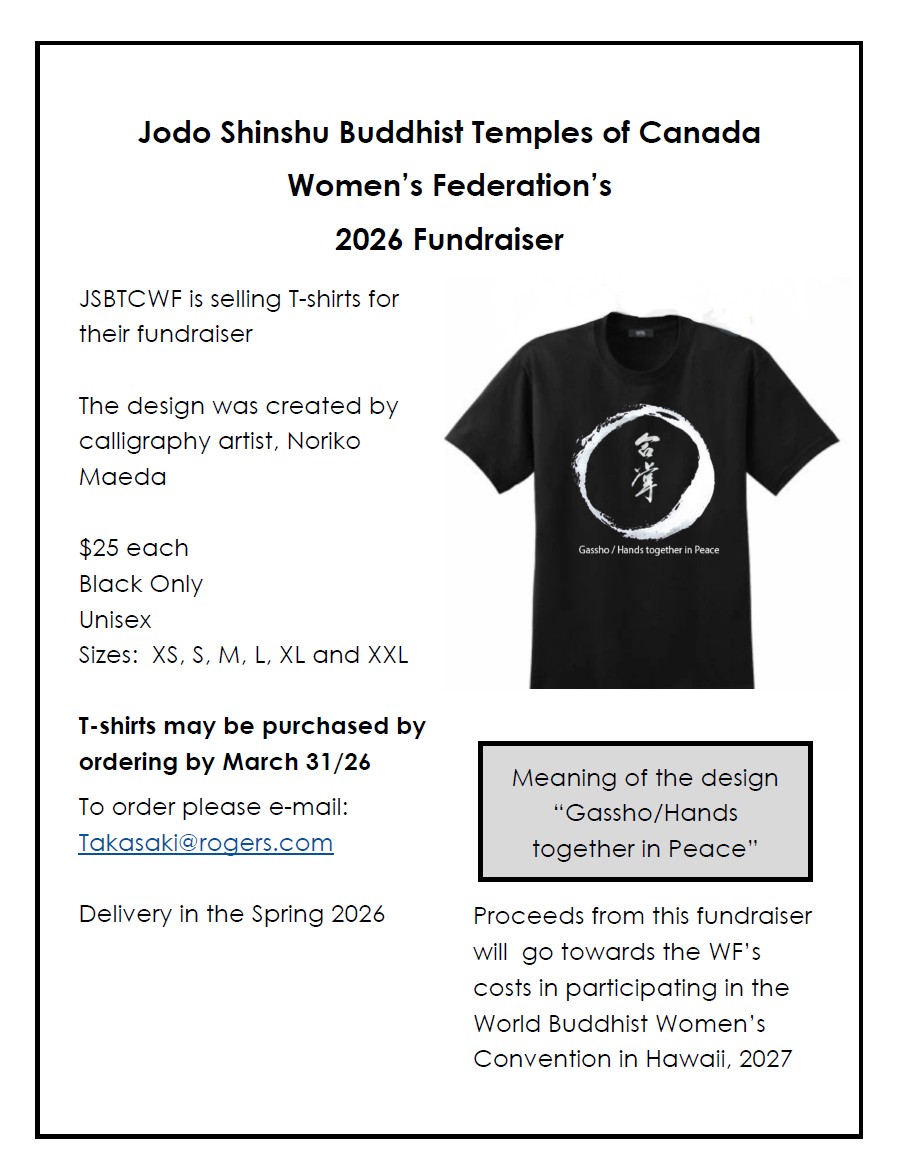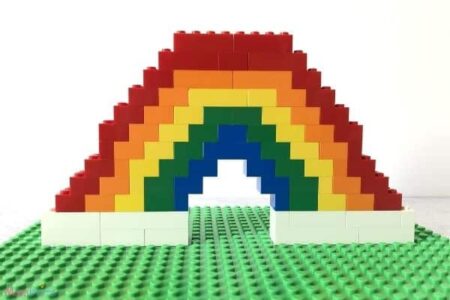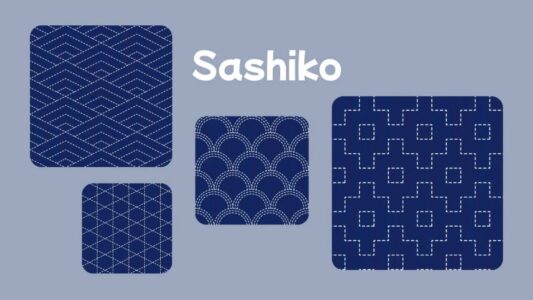Temple Closure Update
(Feb 25/26)
Dear Dharma Friends,
We hope this finds you well and healthy in the Light of the Dharma.
We are writing to provide an update on the closure of the temple to in-person attendance due to several building safety concerns that require immediate attention. The water damage that was discovered in the basement has unfortunately led to the development of mold, which must be professionally addressed to ensure a safe and healthy environment for everyone. The latest developments require that the entire vinyl flooring in the basement be removed and further remediation procedures completed. This phase in the process is scheduled to take place on March 4, 2026. We are happy to announce that the ceiling panels in the Main Hall (Hondo) have been thoroughly checked and secured.
Because of these issues, the Temple Board Members have made the difficult but necessary decision to temporarily close the temple until all repairs and remediation work can be fully completed. The safety and well-being of our Sangha is always our highest priority along with a commitment to care for the Temple.
Please be assured that we are actively working with contractors and specialists to resolve these matters as quickly and responsibly as possible. We will keep you informed of our progress and will share updates as soon as we have clearer timelines for reopening.
We sincerely apologize for the inconvenience and appreciate your understanding, patience, and continued support during this time.
With gratitude and in gassho,
Board Members / Calgary Buddhist Temple
Online live-streaming is from our Facebook group Calgary Buddhist Temple
(update Jan 26/26) We are writing to provide an update on the closure of the temple to in-person attendance due to several building safety concerns that require immediate attention. The water damage that was discovered in the basement has unfortunately led to the development of mold, which must be professionally addressed to ensure a safe and healthy environment for everyone. In addition, a ceiling panel in the main hall has come loose, creating a potential safety risk and necessitates checking all the ceiling panels.
Because of these issues, the Temple Board Members have made the difficult but necessary decision to temporarily close the temple until all repairs and remediation work can be fully completed. The safety and well-being of our Sangha is always our highest priority along with a commitment to care for the Temple.
Please be assured that we are actively working with contractors and specialists to resolve these matters as quickly and responsibly as possible. We will keep you informed of our progress and will share updates as soon as we have clearer timelines for reopening.
We sincerely apologize for the inconvenience and appreciate your understanding, patience, and continued support during this time.
With gratitude and in gassho, Board Members / Calgary Buddhist Temple
(update Dec 30/25) We are continuing to hold our Sunday Services online while repairs are in progress. Other monthly activities typically held at the temple are canceled or on hold for the time being. We apologize for this interruption in our offering. We are still awaiting confirmation regarding returning to in-person services and we will provide an update as soon as possible.
(update Dec 12/25)The Temple is temporarily closed to in-person attendance and continues with Live Streaming for services. The Calgary Temple Board Members gathered for their monthly meeting yesterday and a top item of discussion was the repairs to the temple. At this point in time, we will be working as soon as possible with the help of contractors to return to in-person occupancy at the temple. Because the Holiday Season is fast approaching we are trying our best to get things completed in a timely manner for the New Year. We appreciate your patience and support during this difficult time and we will continue to provide updates on the progress as we receive them.
With gratitude,
Calgary Buddhist Temple



